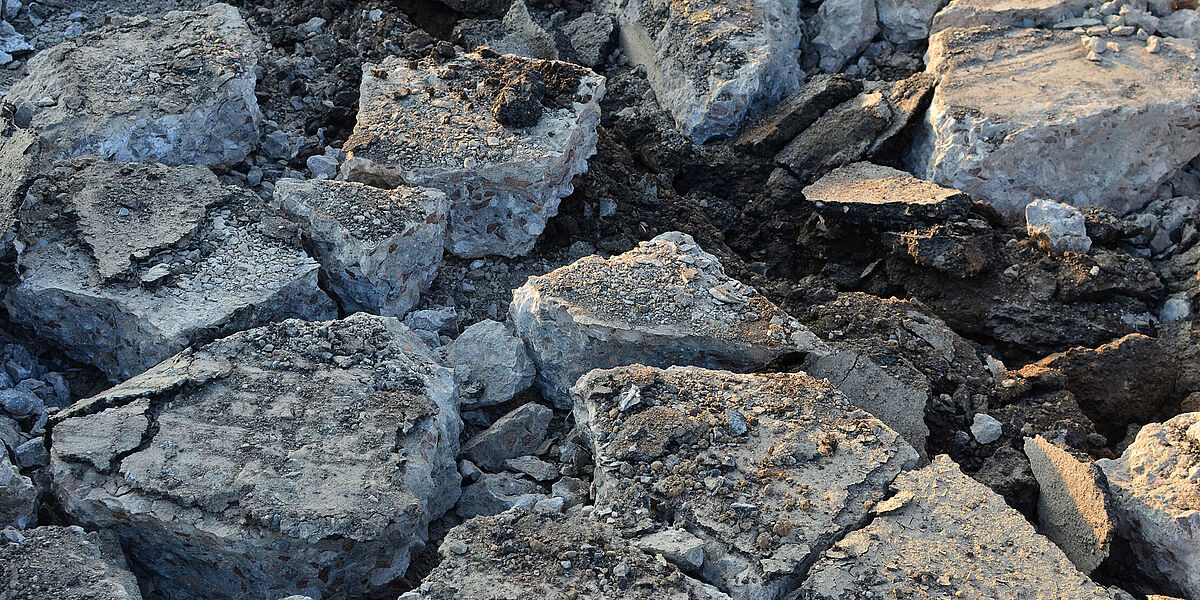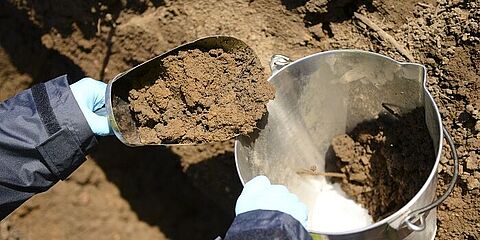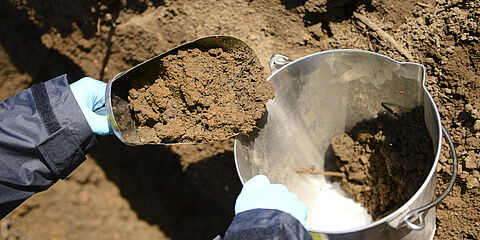Waste analysis: WESSLING analyses PAH and phenols in asphalt
All kinds of asphalt and tarmac contain coal chemical products, such as tar and pitch, which include water and soil pollutants, as well as carcinogenic pollutants, such as polycyclic aromatic hydrocarbon compounds (PAHs) and phenols. For this reason, the question arises for authorities, for example in the case of road rehabilitation, whether or in which parts the tar-containing road debris can be recycled. WESSLING provides the basis for the proper disposal and recycling of this material through laboratory analysis.

Today, road construction materials contain binders that consist primarily of oil-derived bitumen mineral. Until the 1970s, things were different: coal-based binders (coal tars) were often used, which can still be found in the different road strata. These contain the pollutants PAH, benzo[a]pyrene and phenols, which can be hazardous to human health. The more the asphalt is crushed, the higher the potential for phenolic substances to be washed out and thus enter the environment.
Our experts therefore analyse and quantify the asphalt for PAH including benz-a-pyrene, the phenol index and, in Lower Saxony, the asbestos content even before the planned construction work begins. We conduct the analysis in accordance with the guidelines for the environmentally compatible recycling of construction materials with tar/pitch-type constituents and for the recycling of reclaimed asphalt in road construction (RuVA-StB 01, 2001 edition, 2005 version). Depending on the federal state, the required analytical methods vary. In most federal states of Germany, recycling class A applies with the following limits:
- PAH <25mg/kg and
- Phenol index <0.1mg/l (deviation possible per federal state).
Depending on the results of the analysis, the asphalt is then classified into recycling classes A, B and C. Here, too, we will be happy to advise you.
Our road construction services at a glance:
- Asphalt testing: Analysis of PAH limit values and the phenol index
- Asbestos testing in road construction materials (asphalt as naturally occurring raw material or bridge structures as added asbestos)
- Approval for the water management characteristics of quality monitoring in road construction North Rhine-Westphalia
- Analysis in accordance with RuVA-StB01 (2001 edition, 2005 version).
- Analysis of mineral mixtures (base course, ballast material, RC building materials, gravel) in accordance with the requirements for the recycling of mineral waste LAGA Communication 20, etc.
- Analysis of excavated soil
- Assignment of the waste code number or recovery class
Your contact
- Annegret Beckmann
- +49 511 5470021
- annegret.beckmann@wessling.de



